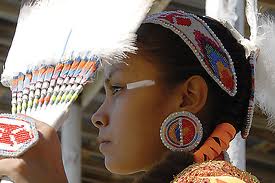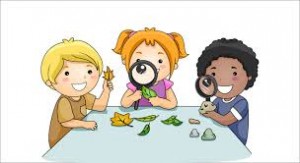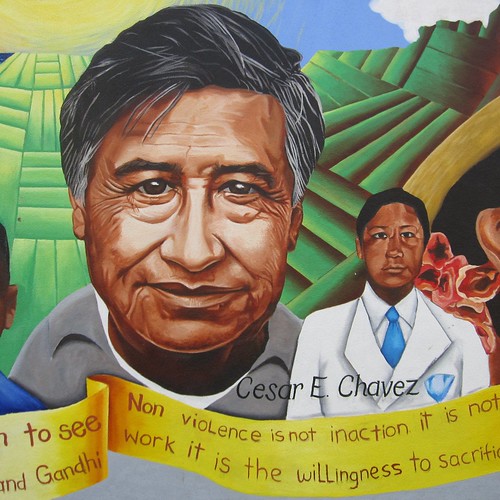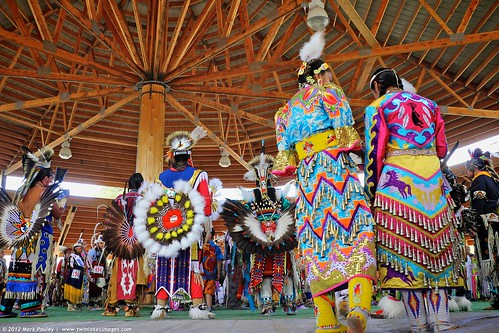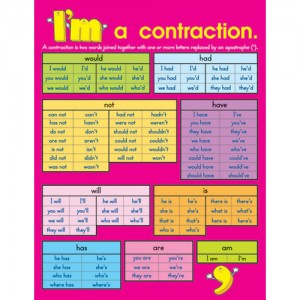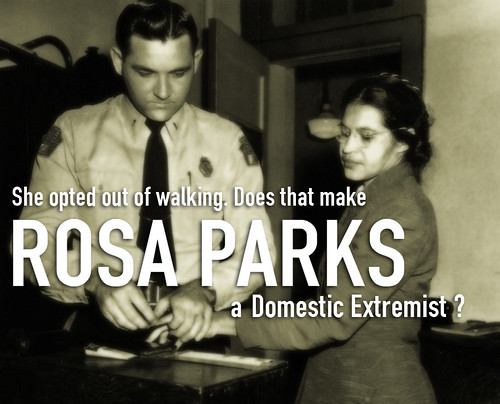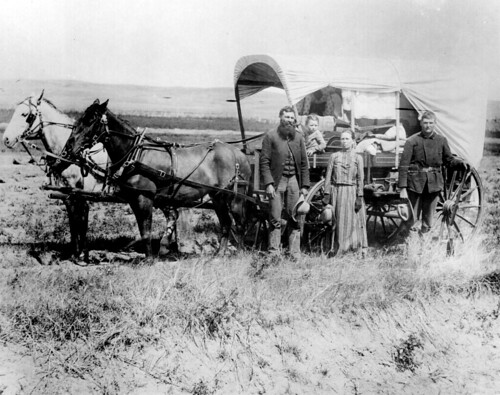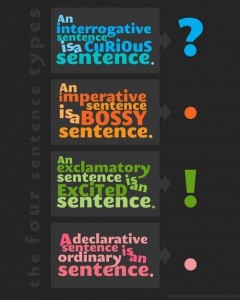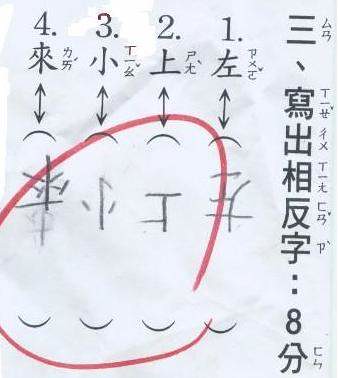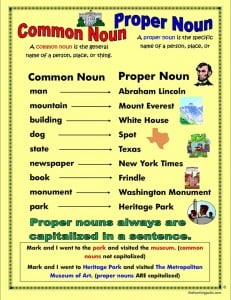Chapter 10- Hundreds
Summary
10-1 Hundred: I can relate hundreds, tens, and ones.
Vocabulary: Hundreds: the numbers 100-999. Also, a number place. Example: In the number 234, 2 is in the hundreds place which means there are 2 hundreds in this number.
10-2 Hundreds, Tens, and Ones: I can read, write, and model numbers to 1,000.
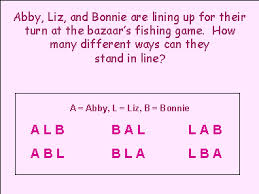 10-3 PSS: Make a List: I can use make a list as a strategy to solve problems.
10-3 PSS: Make a List: I can use make a list as a strategy to solve problems.
10-4 Place Value to 1,000: I can identify and use words, models, and expanded form to represent numbers to 1,000.
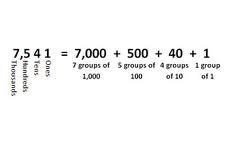 Vocabulary: Expanded form: the representation of a number as a sum that shows the value of each digit. Example: 536 can be written 500+30+6.
Vocabulary: Expanded form: the representation of a number as a sum that shows the value of each digit. Example: 536 can be written 500+30+6.
10-5 Read and Write Numbers to 1,000: I can read and write numbers to 1,000.
Vocabulary: Thousand: a place value of a number. For example, in 1,253, the 1 in in the thousands place.
10-6 PSS: Choose a Strategy: I can choose the best strategy to solve problems.
10-7 Compare Numbers: I can compare three-digit numbers using <, >, and =.
10-8 Order Numbers: I can us place value to order three-digit numbers.
10-9 Number Patterns: I can use number patterns to help you count.



